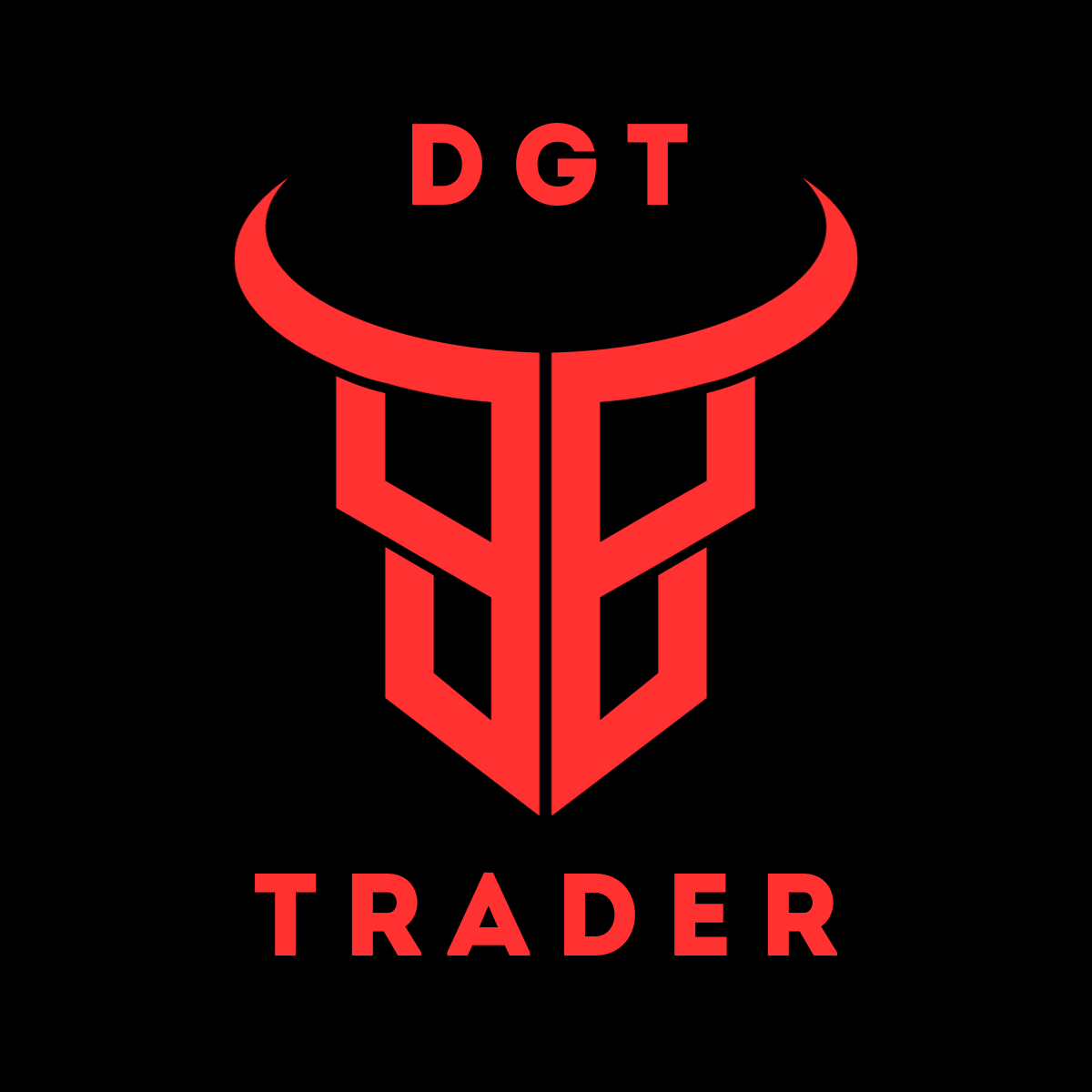
S&P Dow Jones Indices’ Country Classification Consultation – Nigeria
This article provides an overview of the S&P Dow Jones Indices’ Country Classification Consultation for Nigeria. The consultation aims to gather feedback from industry professionals and market participants regarding the potential classification of Nigeria as a developed market. It explores the implications of this classification on the country’s equity market, as well as the potential benefits and challenges that may arise. The article highlights the importance of this consultation in shaping investment strategies and decision-making processes for investors looking to allocate funds to Nigeria. By gathering input from a wide range of stakeholders, S&P Dow Jones Indices aims to ensure an accurate and comprehensive assessment of Nigeria’s market status.
S&P Dow Jones Indices’ Country Classification Consultation – Nigeria
Dive deeper into trading, crypto, and commodities!
Nigeria’s Country Classification Consultation
The S&P Dow Jones Indices is currently conducting a country classification consultation for Nigeria. This consultation aims to evaluate and potentially revise the classification of Nigeria within their indices. This article will provide an overview of the consultation process, the current classification of Nigeria, potential changes to its classification, and the benefits and implications of these changes.
Overview of S&P Dow Jones Indices’ Country Classification Consultation
The S&P Dow Jones Indices is a renowned provider of global market intelligence and data. They offer a wide range of indices that are used by investors and financial professionals to track and analyze various financial markets. As part of their commitment to maintaining accurate and relevant indices, the S&P Dow Jones Indices conducts periodic country classification consultations to ensure that their indices accurately reflect the economic and market conditions of different countries.
Background of S&P Dow Jones Indices
S&P Dow Jones Indices is a division of S&P Global, a leading provider of financial market intelligence. They offer a comprehensive suite of indices that cover various asset classes and regions. These indices serve as benchmarks for investors and are widely recognized and utilized in the global financial industry.
Country Classification Criteria
The S&P Dow Jones Indices applies specific criteria when classifying countries within their indices. These criteria consider factors such as a country’s economic development, market accessibility, liquidity, regulatory environment, and investor protection. The classification is a crucial determinant of a country’s weighting and inclusion within the relevant indices.
Consultation Process
The country classification consultation process involves a comprehensive review of the relevant factors for each country under consideration. The S&P Dow Jones Indices consults with market participants, including investors, regulators, and industry experts, to gather insights and feedback. This collaborative approach ensures that the classification decision is well-informed and reflective of the market landscape.
Current Classification of Nigeria
Nigeria is currently classified as a Frontier Market by the S&P Dow Jones Indices. This classification reflects the country’s current economic and market conditions. As a Frontier Market, Nigeria is considered to have a developing economy with potential investment opportunities and associated risks.
Potential Changes to Nigeria’s Classification
The S&P Dow Jones Indices’ country classification consultation may result in potential changes to Nigeria’s classification. These changes could include an upgrade to an Emerging Market status or a continuation of its Frontier Market classification. The final decision will be based on a thorough analysis of Nigeria’s economic indicators, market structure, and regulatory environment.
Benefits and Implications of Changes
Any potential changes to Nigeria’s classification will have significant benefits and implications for investors and the Nigerian economy. An upgrade to an Emerging Market status would likely attract increased investment flows, as it would indicate a higher level of market development and stability. This upgrade could contribute to the growth and diversification of Nigeria’s capital markets, enhance investor confidence, and potentially reduce the cost of capital for Nigerian businesses.
On the other hand, if Nigeria’s classification remains as a Frontier Market, it would still offer unique investment opportunities to investors seeking exposure to developing economies. Nigeria’s vibrant consumer market, natural resources, and demographic profile make it an attractive destination for long-term investors looking for high-growth potential. However, it is worth noting that Frontier Markets can be subject to higher volatility and liquidity risks compared to more developed markets.
Economic and Market Analysis of Nigeria
To evaluate Nigeria’s classification, the S&P Dow Jones Indices will conduct a detailed economic and market analysis of the country. This analysis will consider various indicators such as GDP growth, inflation rates, market capitalization, trading volumes, foreign exchange liquidity, and regulatory developments. The outcome of this analysis will provide valuable insights into the current state of Nigeria’s economy and financial markets.
Explore more on trading, crypto, and commodities here!
Potential Impact on Investors
The classification of Nigeria within the S&P Dow Jones Indices’ indices can have a direct impact on investor portfolios and strategies. Investors who track or benchmark their portfolios against these indices may need to adjust their allocations based on any changes to Nigeria’s classification. An upgrade to an Emerging Market status may attract increased investor interest and potentially lead to capital inflows into Nigerian stocks and bonds.
Moreover, changes in Nigeria’s classification can also influence the risk perception of investors. A higher classification status may be perceived as a sign of improved market stability and investor protections, which could lead to increased investor confidence. Conversely, a continuation as a Frontier Market may reinforce the perceived risks associated with investing in Nigeria, which could impact investor sentiment.
Conclusion
The S&P Dow Jones Indices’ country classification consultation for Nigeria is an important process that determines Nigeria’s classification within their indices. The outcome of this consultation will have significant implications for investors and the Nigerian economy. Whether Nigeria is upgraded to an Emerging Market or remains classified as a Frontier Market, the decision will impact investor strategies, market perceptions, and the future trajectory of Nigeria’s capital markets. As the consultation progresses, investors and market participants should closely monitor the developments and be prepared to adjust their investment strategies accordingly.
Discover more insights about trading, crypto, and commodities!
Source: https://www.spglobal.com/spdji/en/indices/equity/dow-jones-islamic-market-us-mid-cap-index